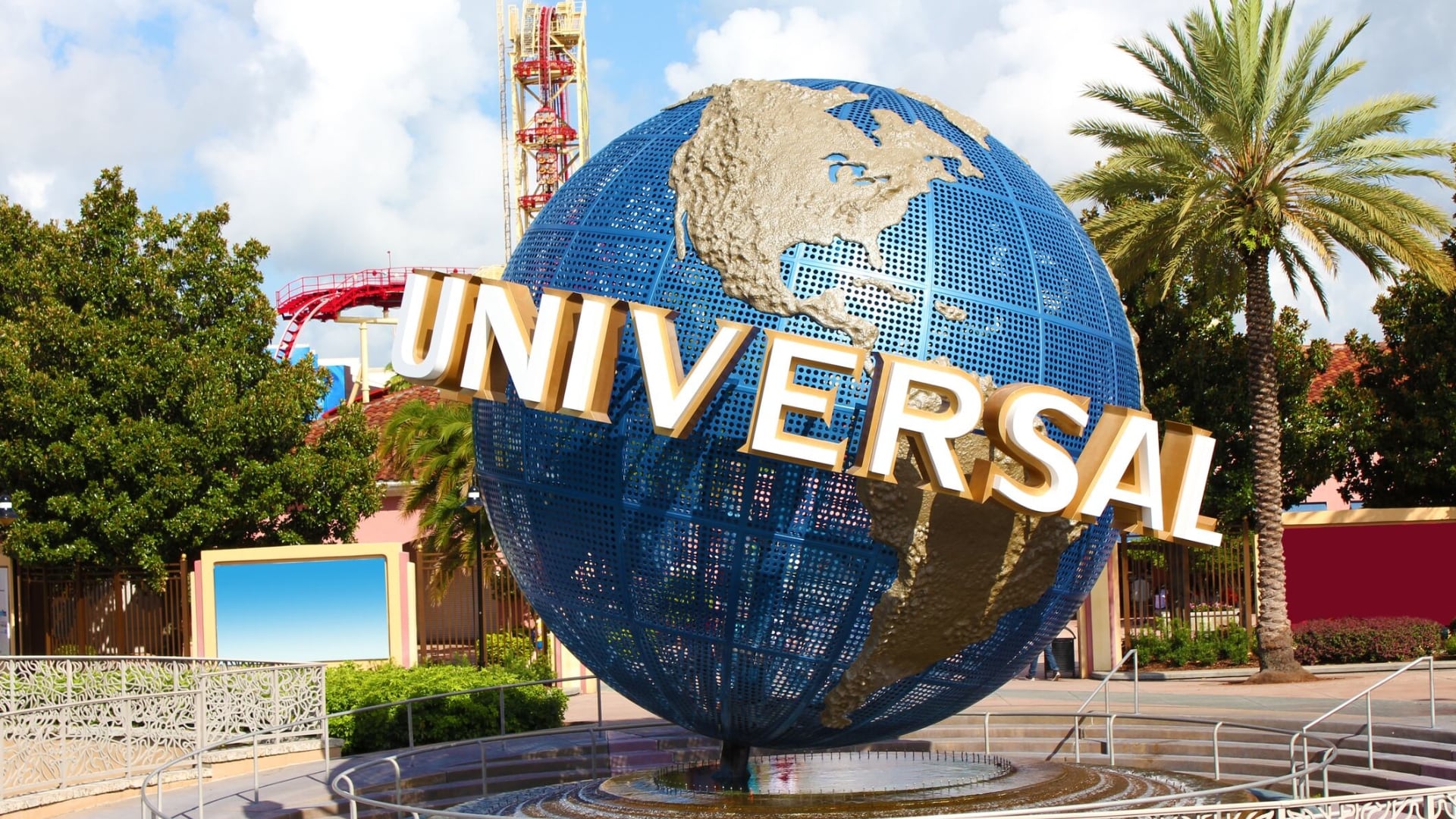*By Justin Chermol* The stakes of this year's Super Bowl are higher than ever ー literally. Following a 2018 Supreme Court ruling year that cleared the way for sports gambling, fans in seven states can bet on the upcoming Super Bowl for the first time ー and leaders in the budding industry are anticipating the Big Game will deliver their biggest day yet. “We expect the Super Bowl to be our single biggest day in the company’s history,” Mike Raffensperger, the chief marketing officer for betting platform FanDuel, told Cheddar. FanDuel, which began as a daily fantasy app, shows no signs of slowing. In the month of December, the company became the most popular and most profitable sportsbook in the state of New Jersey by hitting $9 million in revenue from money wagers. Of greater significance was how they were betting ー on mobile devices. Over 75 percent of bets were placed on FanDuel's mobile platform, and only 25 percent of revenue was generated at retail locations. This accomplishment helped FanDuel surpass its main rival in New Jersey, DraftKings. "We have been incredibly impressed and frankly our expectations have been exceeded in New Jersey in terms of the volume and the customer activity," Raffensperger said. The company runs the sportsbook at Meadowlands Racetrack, a 5,300 square-foot facility within walking-distance from the home of the New York Giants and New York Jets. But there is a catch. In order to place a bet online, and eventually cash out, you must physically be in the state of New Jersey, Raffensperger said. The platform has set up a “geo-aware” system to monitor its users and their locations. To circumvent the rules, neighboring state residents are crossing state lines to cast a bet, watch the game, and cash out (or in) on their mobile devices. But not everyone in the tristate area considers greater access to gambling a positive development. “There's more and more research coming out that the kinds of gambling that are electronic, that are mobile, that are on handheld devices, or devices easily accessible with machines all over the place, that that kind of a gambling actually is much more addictive," said New York Sen. Liz Krueger, the chairwoman of the state's Finances Committee. "The industry and people who produce even these video games actually know that they are creating a model that absolutely is addictive and changes how the cognitive functions of brains work,” Krueger told Cheddar. According to Neva Pryor, executive director for the New Jersey Council on Compulsive Gambling, 6 percent of New Jersey residents have "some problem with gambling. That's very high." She said it's a dramatic number ー especially relative to the national average, which is only 3.2 percent. Pryor told Cheddar that since New Jersey legalized sports betting, the number of calls her office receives has risen 25 percent. “I could be gambling right now. I could pick up my phone and I could place a bet right now.” As legalization spreads across the U.S., Pryor and Krueger's concerns will presumably deepen. But that sense of worry and foreboding was virtually absent during a recent game night at the Meadowlands Casino as attendees joyfully drank and placed their bets. "This place is great, it's better than Vegas," one attendee told Cheddar. "Who needs to go to Vegas?"








